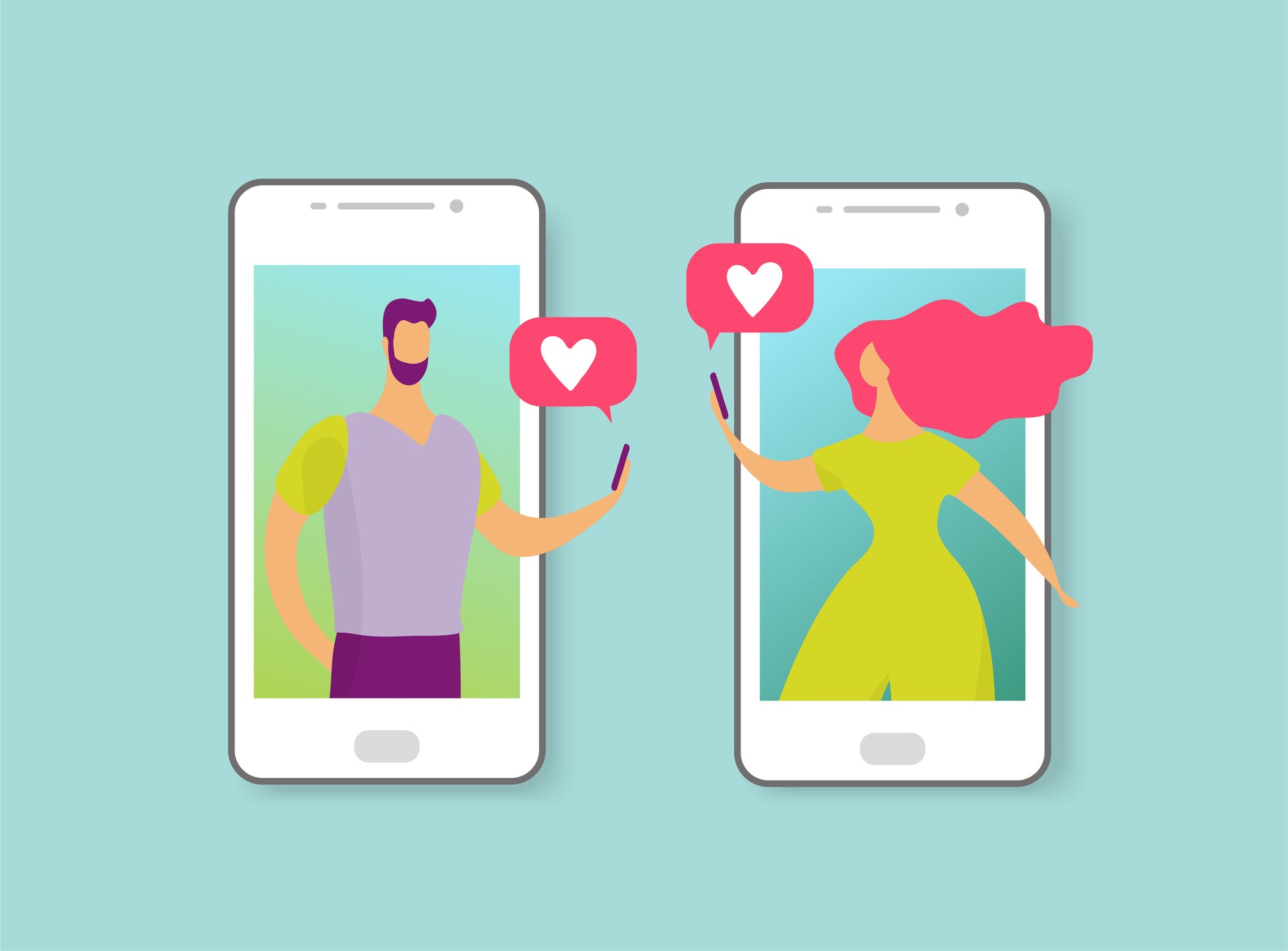I find it easier talking about my chronic illness on dates now. Hopefully that openness is here to stay
The pandemic has created greater understanding of the importance of good communication, particularly around health issues


Your support helps us to tell the story
From reproductive rights to climate change to Big Tech, The Independent is on the ground when the story is developing. Whether it's investigating the financials of Elon Musk's pro-Trump PAC or producing our latest documentary, 'The A Word', which shines a light on the American women fighting for reproductive rights, we know how important it is to parse out the facts from the messaging.
At such a critical moment in US history, we need reporters on the ground. Your donation allows us to keep sending journalists to speak to both sides of the story.
The Independent is trusted by Americans across the entire political spectrum. And unlike many other quality news outlets, we choose not to lock Americans out of our reporting and analysis with paywalls. We believe quality journalism should be available to everyone, paid for by those who can afford it.
Your support makes all the difference.Maybe it’s just me, but I think it’s safe to say that dating in the past year has been rather… stunted. For better or for worse, dating in a pandemic has taught us many a lesson – from how to best navigate (or avoid) dating apps, to how to enjoy your own company and how to (hopefully) communicate better.
As a chronically ill person in a pandemic, I know that now – more than ever – it has become paramount to be open and honest about the boundaries put forward by my illness. With an autoimmune disease that puts me in an at-risk category, the few months over the summer where we could have in-person interactions meant that any meeting – romantic or not – was characterised with “I need to tell you, if we’re not safe and I get Covid-19, I could die”. Fun!
Sure, this is a simple, if slightly nerve-wracking sentiment, but it’s indicative of the way the pandemic has changed how we talk about health. No longer can (what should be) frank discussions be swept under the rug under the guise of awkwardness, as it has – and will continue to be – vital to stay safe. The pandemic has accelerated a shift towards everyone – regardless of their own health status – being able to understand why these discussions are important.
After a few dates in our summer of lesser regulations, I remember saying to someone that if they’re “up close and personal” with a lot of different people, I don’t mind from an emotional point of view, but I won’t be safe from a medical standpoint. This conversation was with someone very understanding, so was not uncomfortable. Nor did it weigh heavily on my mind, and I know that the context of the constant health-related discussions made it slightly easier, too.
The pandemic has at least given us a reason to speak about health in dating, for it not to be regarded as an instant turn off, but rather as a necessary point of support. It shouldn’t be assumed that these conversations on health are reserved for the situations wherein a person has their life at risk because of a deadline pandemic. Rather, they are a constant necessity to ensure open communication and healthy interaction, whether or not it forms a relationship.
Like one in 200 people in the UK, I live with ankylosing spondylitis (AS), a form of inflammatory arthritis that predominantly affects the spine, but for lucky ones like me, can affect the entire body. It’s easy to assume that a very small subset of the population live with arthritis, and those who do are old, inactive and slow. Considering that symptoms of AS start in late teens or early twenties, we can immediately recognise the lack of truth in these stereotypes.
As a person with arthritis, I am also active (or rather, just busy), and I like to think I’m quite fun, at least outside of a global pandemic. That is what I tend to lead my dating profiles with anyway. The list of diagnoses is something of a more serious conversation.
Whilst I’ve always been open about my chronic illness – maybe because I’ve not known adult life without it, or because I’m just outspoken to a fault. However, only recently have I recognised discussions on health and dating as not just important and necessary, but normal. Now that health is a topic on everyone’s lips, it’s just so much easier to bring up what your own needs are.
Before this point, I have only been able to see these conversations through specialist organisations such as the National Axial Spondyloarthritis Society (Nass) or with friends. While Nass is wonderful (and I would wholly recommend them if you or a partner has AS), it is comforting to know that these once taboo, frightening, and uncomfortable conversations can become part of our everyday dating life.
And, if the conversation goes badly and the other person reacts poorly, it’s a quick and easy way to know whose messages to ignore.



Join our commenting forum
Join thought-provoking conversations, follow other Independent readers and see their replies
Comments